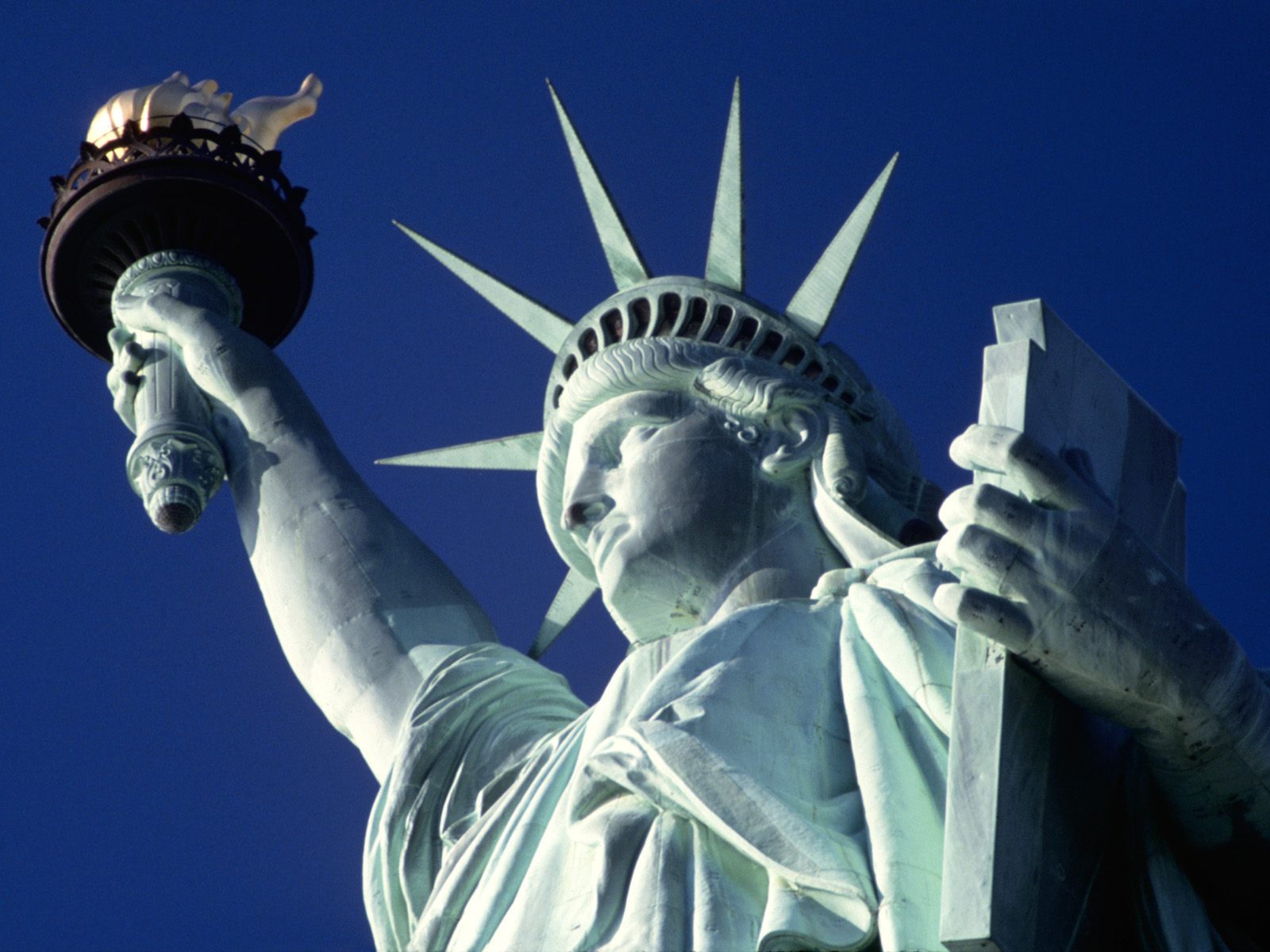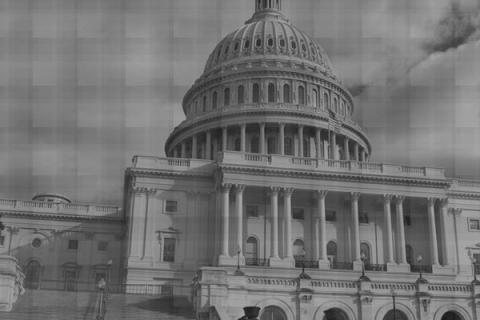Many members of the rapidly growing and increasingly discontented Independent voter bloc might be libertarians, voters who describe themselves as "fiscally conservative" and "socially liberal" (or tolerant). These voters would prefer lower taxes and a more "hands off" approach from government on the one hand, and an equally "hands off" approach from government regarding social issues and personal choices on the other hand.
"If you're not outraged, you're not paying attention." You may have seen the bumper sticker or t-shirt sporting this provocative statement. It points no fingers, takes no sides, and makes no partisan allusions. Instead, it voices a general discontent with and anger towards the injustices and inequalities of the status quo. Independent voters are paying attention and they're outraged. Last week, Christopher Guzman reported that a recent Gallup poll found nearly 70% of Independent voters believe our country is headed in the wrong direction.
In what direction is our country headed? Whether you think it's a good thing or not, there's no denying that at every level of government, the public sector is growing at breakneck speed, involving itself in more and more aspects of both our economic choice and private lives, consolidating and centralizing more power and influence than at any other time in U.S. history, and spending more money than can possibly be sustained at projected rates of our economic growth and productivity. If Independents are dissatisfied with the status quo, it's worth noting that the status quo is an era of big government that continues to grow in cost, role, and influence with no end in sight.
It was these Independents and their coveted swing vote that soundly rebuked the policies of George W. Bush-- who grew the federal government more dramatically than any other U.S. president before him-- delivering the Democrats a majority in Congress after the 2006 mid-term and handing them the White House in 2008. By 2010, President Obama's agenda of consolidating federal power and growing its budget at an even more dramatic rate than his predecessor left Independents disillusioned and angry, resulting in the Republicans' sweeping victory in local, state, and federal elections during the 2010 midterm, delivering them a majority in the U.S. House of Representatives.
Though some political analysts are confounded by the voting habits of many Independent swing voters, the writing on the wall could not be more clear: many Independent voters are anxious about the exploding national debt, confused by Washington's protracted wars in the Middle East, concerned about vanishing civil liberties in the post 9-11 world, and outraged by the use of political power to reward corrupt and irresponsible corporations with taxpayer-funded bailouts and subsidies while working class Americans struggle.
Citing a 2006 Zogby poll in which 59% of voters described themselves as "fiscally conservative and socially liberal," the libertarian Cato Institute's David Boaz argued in 2009 that the Independent shift away from George W. Bush in 2006 and 2008, and then away from Barack Obama in 2010 is being led by libertarian voters who want to see less government involvement in all aspects of our lives:
"Libertarian — or fiscally conservative, socially liberal — voters are often torn between their aversions to the Republicans' social conservatism (and, for some of them, military adventurism) and the Democrats' fiscal irresponsibility."
Even the independent Tea Party movement that sparked a wave of protests in early 2009 has a strong libertarian streak, with a pedigree that can be traced back to Congressman Ron Paul's failed 2008 presidential bid, and an overarching interest in economic liberty rather than social conservatism. An anonymous exposé of the Tea Party movement published in Playboy last summer, and written by a self-proclaimed Tea Party insider and consultant made a clear case for the shift that had occured in the conservative movement's center of gravity:
"The mail you’ll see from me this fall won’t have much to say about gays or the unborn. We have new foils, such as the Troubled Asset Relief Program and the American Recovery and Reinvestment Act of 2009. Leveraging rage about a bailout for mega-millionaires and an $800 billion 'stimulus' that has barely moved unemployment below double figures is a cinch compared with explaining why Bobby and Joey’s marriage is bad for America."
Are many Independents really just libertarians without knowing it? Boaz writes:
'So, if many of these centrist, independent voters are indeed libertarians, why aren't libertarians better recognized? First, the word "libertarian" is still unfamiliar — even to many who hold "fiscally conservative, socially liberal" views. Pollsters rarely use it. So in polls, many libertarians call themselves "conservative," "independent" or "moderate" — making it hard for analysts to recognize them.'
There are lessons to be learned for both Democrats and Republicans seeking to court the Independent vote: 1) Neither party should consider its political victories a mandate or a vote of confidence so much as an aversion to the other party. 2) Republicans who want to gain Independent support should not focus on legislating social conservatism, especially while failing to exemplify their own purported values of fiscal conservatism. 3) Democrats who want to gain Independent support should not see Independent votes as mandates for European-style social welfare statism, but instead focus on their perceived strengths when it comes to defending civil liberties, curtailing America's military adventures abroad, and sticking up for the little guy against the excesses of American corporatism.

